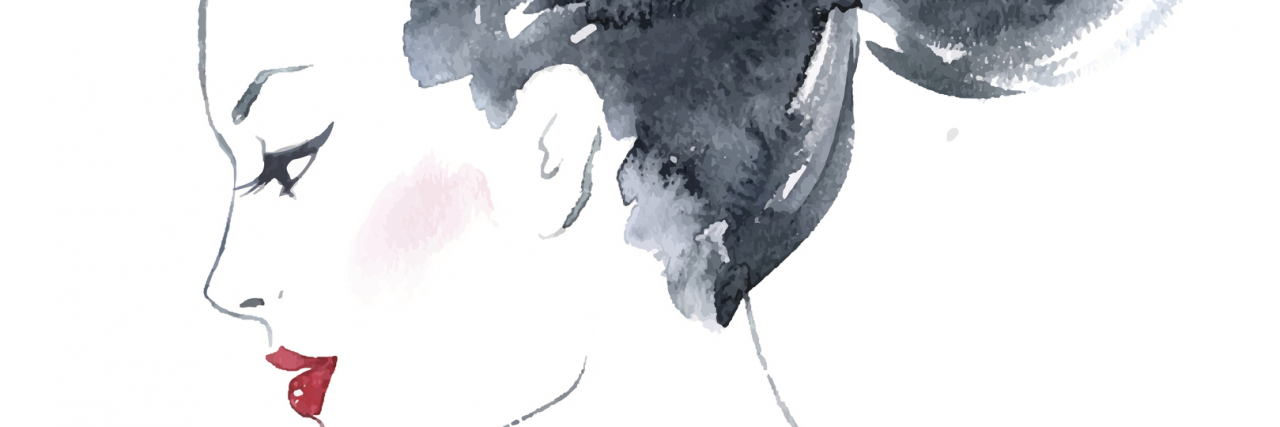“It’s so difficult to describe depression to someone who’s never been there, because it’s not sadness. I know sadness. Sadness is to cry and to feel. But it’s that cold absence of feeling — that really hollowed out feeling. That’s what dementors are.” — J.K Rowling.
If you’ve read “Harry Potter,” you’ll understand Rowling’s reference. If not, let me describe a dementor. They are faceless, black-cloaked things that feed off happiness and suck the good out of people, leaving nothing more than a lifeless, cold shell.
Those who experience depression may understand the feeling Rowling describes in her novels. Those who don’t may shrug off the reference. For someone who doesn’t live with the illness, depression is hard to describe. This difficulty has led to a social stigma of depressed people, subjecting them to embarrassment, fear and even more loneliness than they already feel. The stigma further extends to talking about any type of mental health issue. People have this fixed idea of what mentally ill people should be like.
They think mentally ill people are ones who have suffered great loss, or had a hard upbringing, or did something to bring it on themselves. Many believe there needs to be some kind of specific, heart-wrenching trigger. For some people with depression, this couldn’t be anymore wrong.
I have depression. But I don’t fit the stereotype of a depressed person.
I didn’t have a rough upbringing. I was a happy child. I always had food in my stomach, clothes on my back and I was surrounded by love. I had good friends.
I am intelligent, I got good grades all through school. The only negative thing about my school reports was my constant chatter and socializing during class, which is hardly a warning sign for depression.
I get along with my brothers. My parents love me. There is no violence at home. I am doing well at university. I have loving friends and an amazing boyfriend who supports and loves me unconditionally.
And I still live with a depressive anxiety disorder.
For someone who has never experienced a mental illness, it’s difficult to describe.
For me it is the days I cannot physically get out of bed. It is the days where staring at the roof is easier than dealing with happy, “normal” people. It is not having enough strength to cry, let alone strip myself of the clothes I’d been wearing for the last week and shower.
For me it is the days where I cannot eat, or I overeat to try and make myself feel better.
For me it is the days where my mood swings are so violent I’m scared my boyfriend is going to leave because there is no way he was prepared to deal with this.
For me it is the panic attacks in the middle of the night and the middle of the day that come from nowhere.
For me it is the inability to concentrate on school work or on my job. It is the sickening feeling of letting people down every time you unsuccessfully try to complete something else.
For me it was cleaning up blood and sobbing on the shower floor then trying hard to hide the scars so no one thought I was “crazy. “
For me it is the days where I feel nothing at all. I feel hollow, alone, empty.
For me it is the years I struggled with the secret because I was too scared and embarrassed to get help.
Even with the help of a psychologist and medication I still feel unstable most of the time. I do not have 100 percent good days, but does anyone? I find some comfort in knowing the number of good days outweighs the bad.
The reason I am writing this is not for the attention. I don’t want the sympathy. What I want is to give some kind of insight in a hope that people will begin to understand and continue to work towards breaking the stigma. I want people to understand that the most beneficial thing you can do to help a mentally ill person is just to be there and not judge them for what they are going through.
Let them talk if they need to talk. Let them cry on you. Let them get angry, but make an effort to calm them down. Never tell them it’s just a faze or that their just sad.
Depression is not sadness. Depression is the numb feeling that can develop from being sad. It is a thing someone lives with daily — a thing they are trying to battle on their own. Do not make it harder; try your hardest to make things easier.
Getty image

